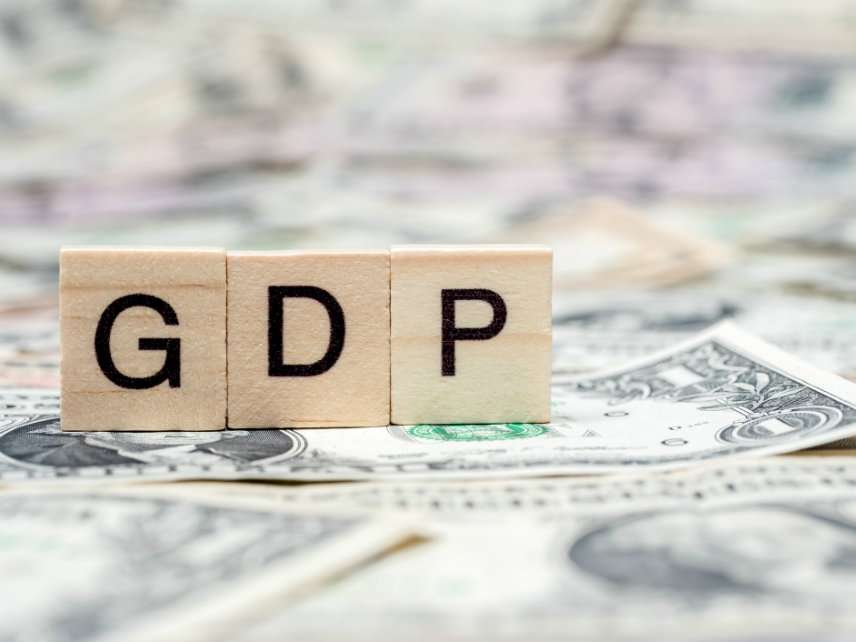GDP Growth Is Good News—But Can It Continue During a Trade War?
The nation's GDP rose 4.1 percent in the second quarter, but those good numbers aren't likely to last.

The Commerce Department's Bureau of Economic Analysis says the nation's real gross domestic product grew 4.1 percent in the second quarter of 2018. That's good news, but the looming consequences of Donald Trump's tariffs mean it likely won't last.
The GDP numbers, released today, show an improvement over the first quarter's 2.2 percent growth. It's the first time the economy has grown more than 4 percent in a quarter since 2014.
It wasn't all sunshine and roses: Residential investment fell for the fourth time in five quarters, meaning that people are putting less money into home construction. But for the most part, the GDP report suggest a strong economy, with consumer spending going up 4 percent and business investment rising 7.3 percent. "The bottom line is that the economy is doing better," Diane Swonk, chief economist for the accounting firm Grant Thornton, tells The New York Times.
President Trump thinks this is just the beginning. "We're on track to hit the highest annual growth rate in over 13 years," he said after the numbers were released. "And I will say this right now and I will say it strongly, as the deals come in one by one, we're going to go a lot higher than these numbers, and these are great numbers."
But as the nonpartisan Committee for a Responsible Federal Budget explains,
Many analysts believe the second-quarter growth numbers are artificially inflated by shifts in consumption to avoid the new tariffs announced this quarter. Most significantly, China appears to have accelerated purchases of soybeans, crude oil, and other exports before new tariffs went into effect. Pantheon Macroeconomics estimated the soybean surge alone could account for as much 0.6 percentage points of the growth rate. These accelerated purchases mean faster growth now at the expense of slower growth later.
In other words, foreign companies appear to be importing as many goods as they can from the U.S. before their own governments retaliate against Trump's tariffs with duties of their own. Once those tariffs are in place, American goods won't be in such high demand, which will hurt future GDP growth.
"We're getting explosive growth in the second quarter because of trade," economist Ellen Zentner of Morgan Stanley tells the Times. "You've got a big hole on the other side of that."
